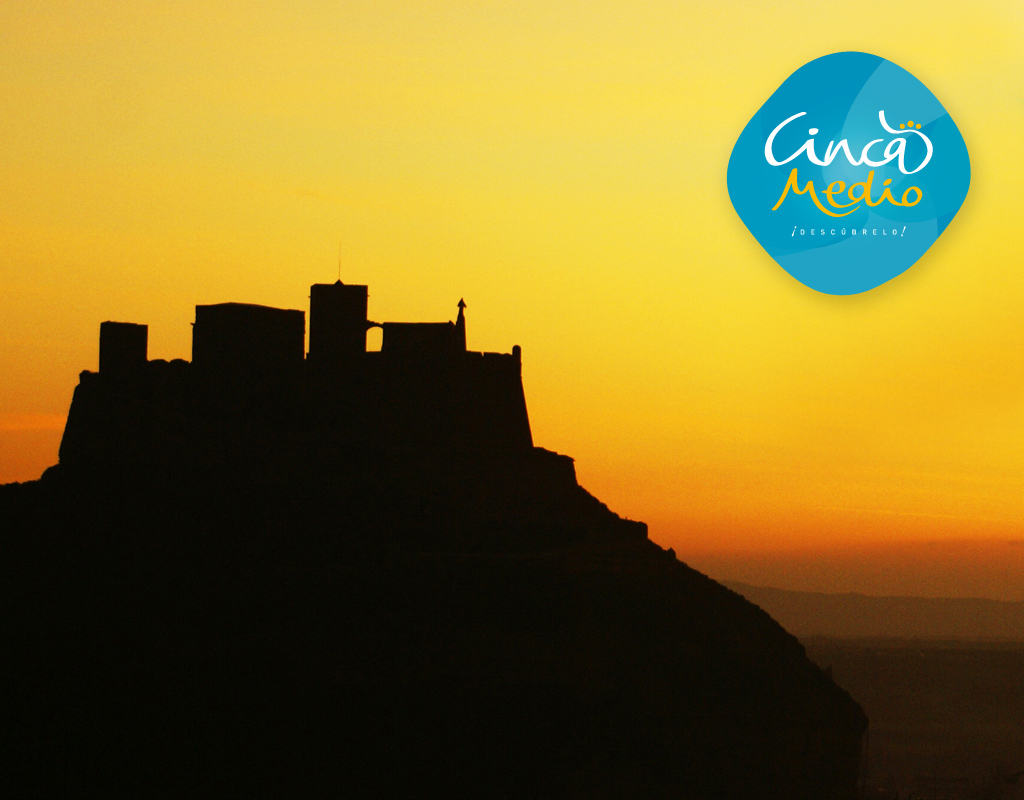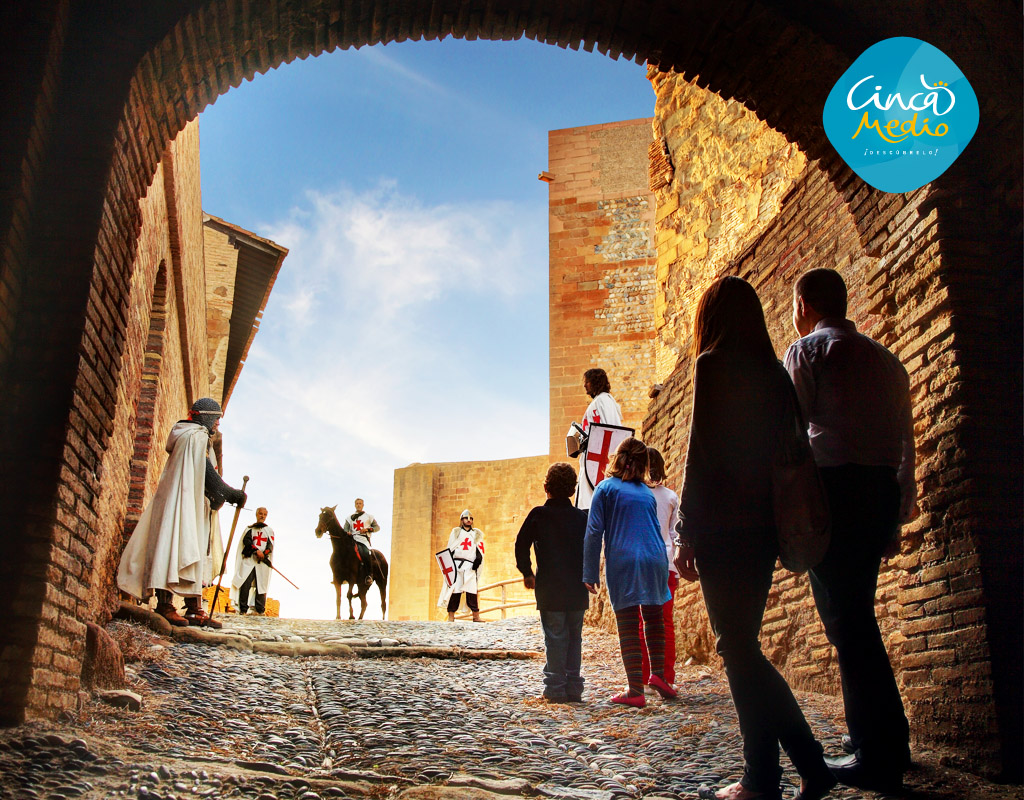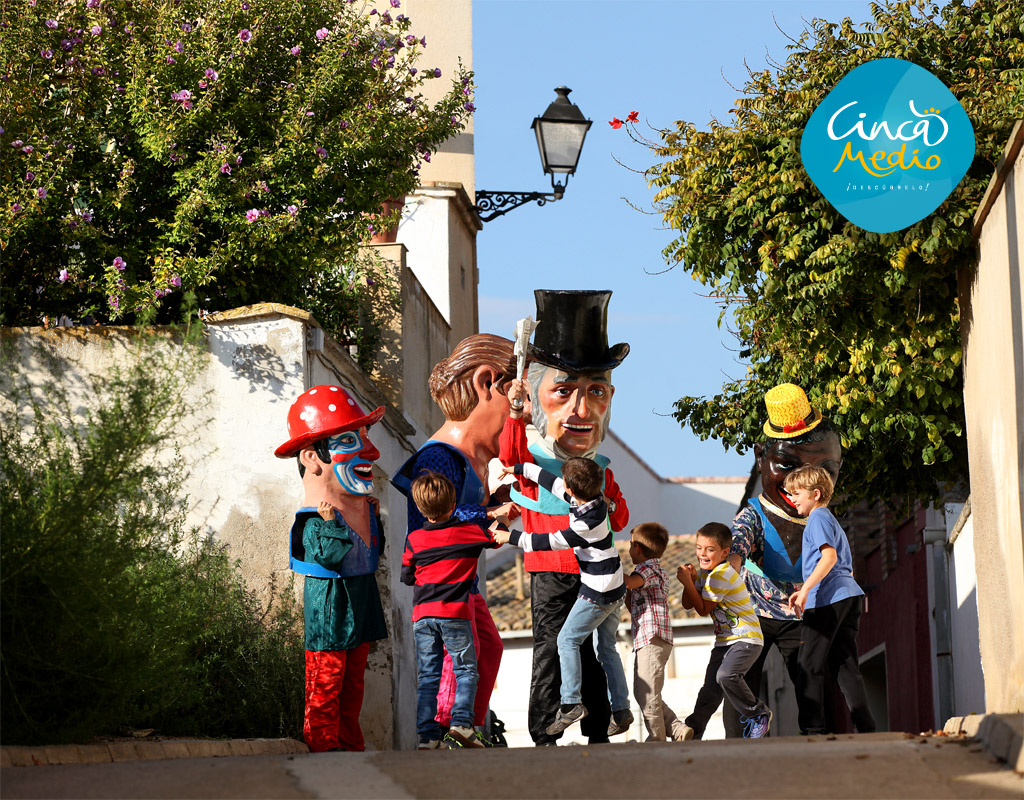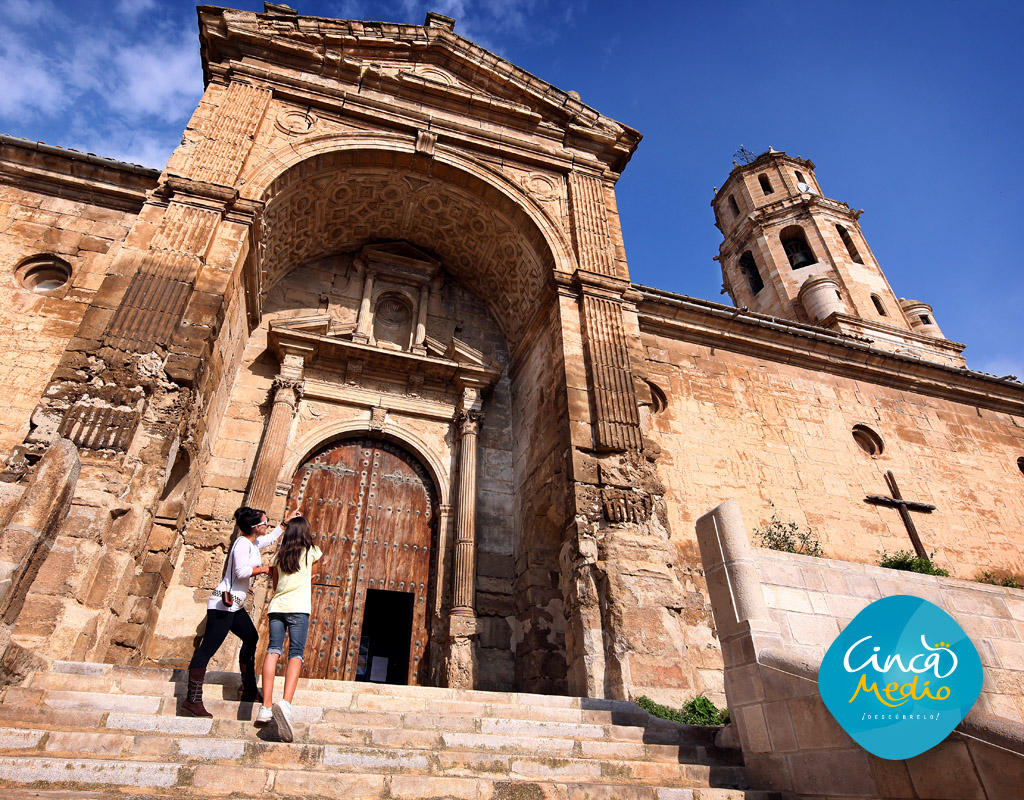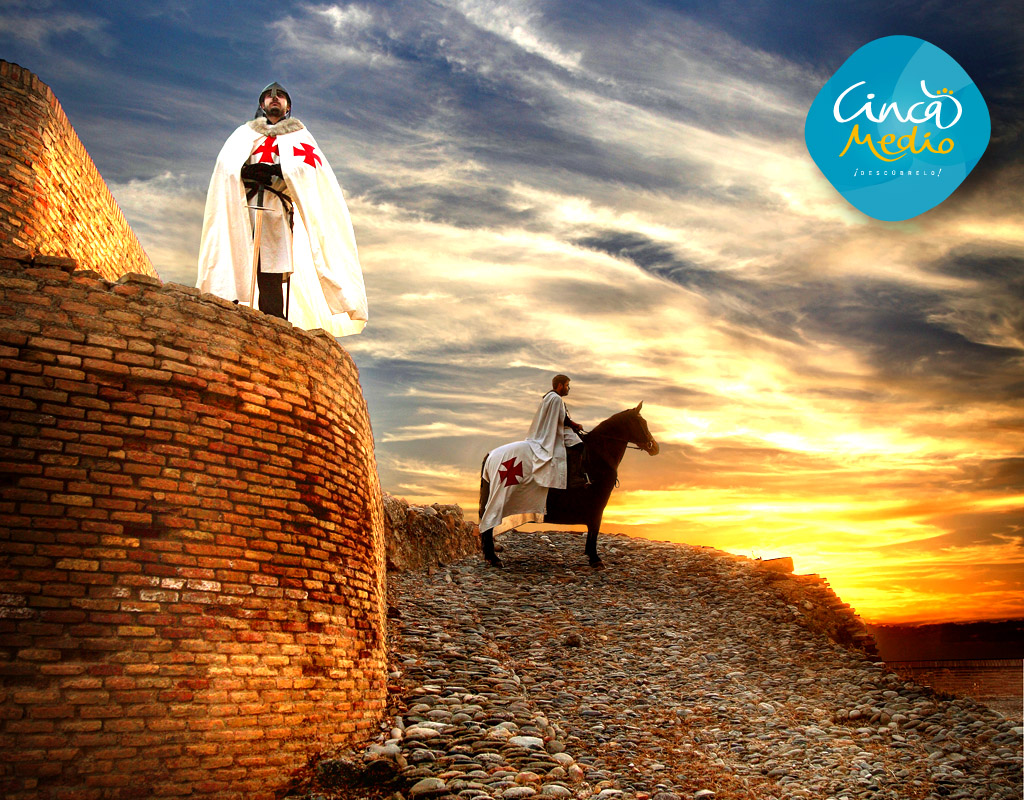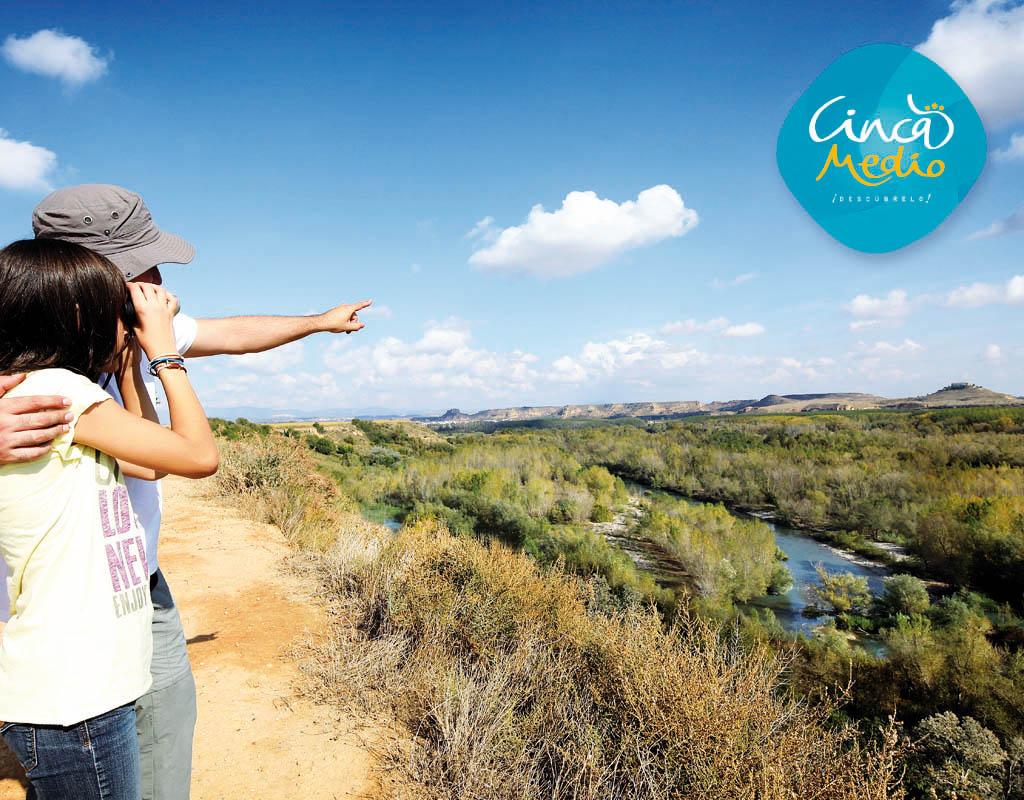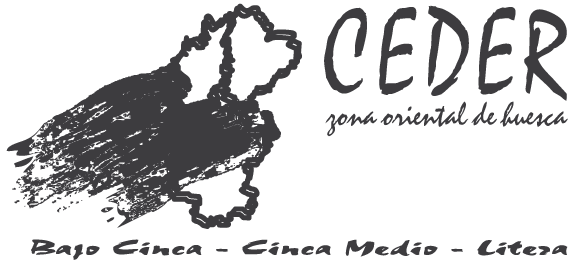Born in Piedrahita, Ávila in 1507 - died in Lisbon in 1582.
Called the Grand Duke of Alba, he was a noble, military officer and Spanish diplomat, III Duke of Alba and of Huéscar, Marquis of Coria, Count of Salvatierra and of Piedrahita and Lord of Valdecorneja, among other titles, Grandee of Spain, Knight of the Golden Fleece.
He was a confidant of Carlos I and Felipe II of Spain, main butler of the two (1st minister) and a member of their Councils of State and War. He instructed the government of the duchy of Milán (1555-1556), the Kingdom of Naples (1556-8), the Netherlands (1567-1573) and the Kingdom of Portugal (1580-1582).
Regarded by historians as the best general of his time and one of the best ever. The House of Alba inherited the Alcolean manor in 1558. The current home of the Town Hall is the place where the Duke had prisons, storage, schools, the town oven, the market, etc.



 Albalate de Cinca
Albalate de Cinca

